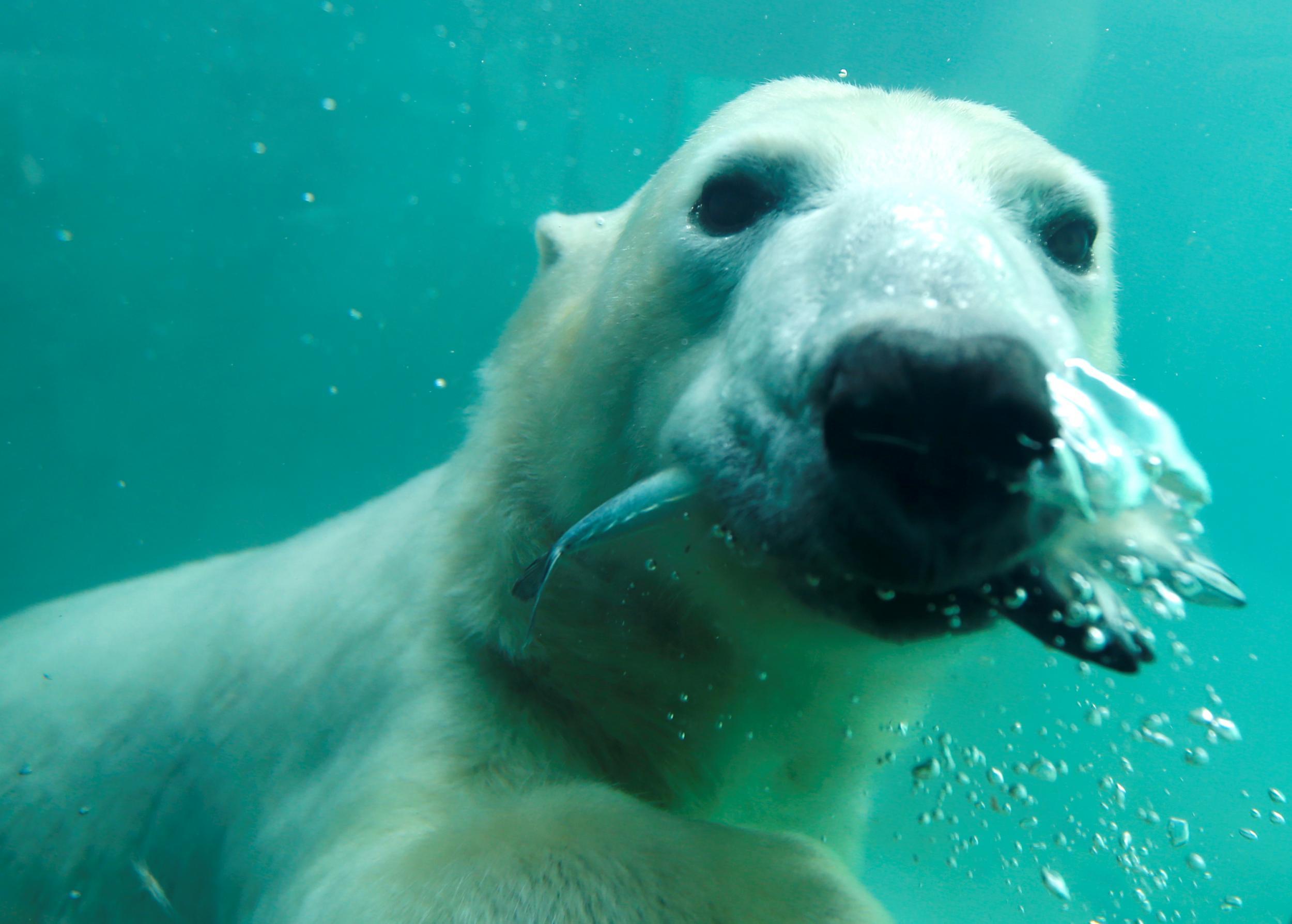Ill wind blows for polar bears with climate change set to make hunting seals harder
New study finds polar bears use their sense of smell to find seals but higher wind speeds make this more difficult

Your support helps us to tell the story
From reproductive rights to climate change to Big Tech, The Independent is on the ground when the story is developing. Whether it's investigating the financials of Elon Musk's pro-Trump PAC or producing our latest documentary, 'The A Word', which shines a light on the American women fighting for reproductive rights, we know how important it is to parse out the facts from the messaging.
At such a critical moment in US history, we need reporters on the ground. Your donation allows us to keep sending journalists to speak to both sides of the story.
The Independent is trusted by Americans across the entire political spectrum. And unlike many other quality news outlets, we choose not to lock Americans out of our reporting and analysis with paywalls. We believe quality journalism should be available to everyone, paid for by those who can afford it.
Your support makes all the difference.Polar bears may be the largest land predator in the world, but they are also one of the animals set to suffer most from climate change.
With their Arctic home warming at an alarming rate, the sea ice which they use to hunt for seals is melting and grizzly bears are moving into their territory. If that wasn’t bad enough, chemical pollutants such as PCBs have been found to be weakening the males’ penis bones to the point where they can snap.
But their situation appears even bleaker, according to a new study of the way they hunt.
Scientists discovered they rely heavily on their sense of smell to find their prey. To do this, they walk across the direction of wind to test the air from as wide a range as possible.
But wind speeds are projected to increase as a result of climate change, which will make it harder to pick up and follow the scent.
The study, the first to investigate how polar bears find ringed seals, their main prey, involved tracking 123 adults in Hudson Bay, Canada, for 11 years.
Their movements were then compared to wind patterns.
Researcher Ron Togunov, of Alberta University, said: “Predators search for prey using odours in the air, and their success depends on how they move relative to the wind.
“Travelling crosswind gives the bears a steady supply of new air streams and maximises the area they can sense through smell.”
Professor Andrew Derocher, also from Alberta University and a co-author of a paper about the research in the journal Scientific Reports, explained the best conditions for this type of hunting.
"Crosswind search was most frequent when winds were slow, when it is easier to localise the source of a certain smell, and at night when bears are relatively active and when vision is less effective, so bears rely more heavily on their sense of smell,” he said.
But the warming temperatures in the Arctic are expected to make such conditions less common.
“Wind speeds in the Arctic are projected to increase, potentially making olfaction [smelling] more difficult,” Mr Togunov said.
“It is important to understand how polar bear hunting success will be affected by these changing conditions.”
Rod Downie, polar programme manager at conservation group WWF, said: “Polar bears are at a crossroads and face an uncertain future. The Arctic is in meltdown.
"The population of this iconic species could decline by a third by 2050. The greatest threat to polar bears is climate change and the predicted loss of their sea ice habitat, which will affect thousands of other species that have evolved to live on, under or around it.
"We need to urgently tackle climate change head-on by honouring the Paris climate agreement, reducing carbon emissions and embracing clean energy solutions.”
Join our commenting forum
Join thought-provoking conversations, follow other Independent readers and see their replies
Comments